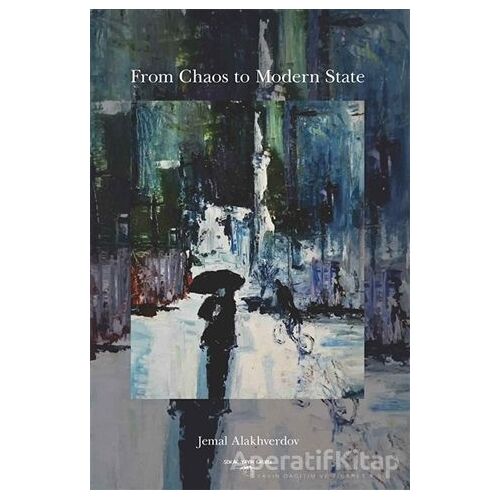Hiç mesaj bulunmadı
| Ödeme Türü | Toplam Tutar |
|---|---|
| Diğer Kredi Kartları | 125.00 TL |
| Havale / Eft | 125.00 TL |
| Posta Çeki | 125.00 TL |
- Vade farksız taksitler KOYU renkte gösterilmektedir.
- X+X şeklinde belritilen taksitler (Örneğin: 2+3) 2 taksit olarak işleme alınmakta ancak ilgili bankanın kampanyası dahilinde 2 taksit üzerinden işlem yapıldığı halde 2+3 yani 5 taksit olarak kartınıza ve ödemenize yansımaktadır. (2 taksit seçilmiş olsa bile banka kampanyası dahilinde ekstradan vade farkı eklenmeden işlem 5 taksite bölünmektedir.)
The book studies the process of transition from traditional to modern state, analyzing initial modernization theories introduced in 1950s in relation with developing world, while providing alternative theories, which explain causes of underdevelopment of some countries. Therefore, the processes and stages, which societies have to go through during the course of transition, are discussed within the given framework.
The changes in state formation, differences between traditional and modern states and the aspects to concentrate at the initial process of development are thoroughly discussed; additionally, the book outlines the importance of institutionalization process and building transparent and effective bureaucracy. However, it also emphasizes the challenges along the way, such as corruption in public sector, and how it affects the economic development.
Events like corruption and bribery are common in most of the developing countries. In the process of transition, corruption as pathology of bureaucracy remains the major challenge for society due to the fact that it represents the main obstacle for economic development and political stability of a state. Besides the institutional development, the book describes needful changes in social consciousness, values, perception of state’s decisions and interaction with government authorities



